Team presents arguments: Serbs were victims of genocide
The Serbian legal team began presenting its defense arguments in Croatia's genocide lawsuit as hearings continued before the International Court of Justice.
Monday, 10.03.2014.
12:25

Team presents arguments: Serbs were victims of genocide
Addressing the judges of the highest UN court on Monday, head of Serbia's legal team Sasa Obradović underscored that Serbs are victims of genocide, though many Croats experienced grave hardships during the armed conflicts as well."There is no doubt that many Croats suffered in the clashes and this case is a chance for all of us to remember their tragedy as well," Obradović said and added that the war in Croatia caused major sufferings for Serbs who, faced with the separatist ideas of the then Croatian top government, decided to set up their own national entity known as the Republic of Serb Krajina (RSK).
He expressed regret that the Croatian legal team forgot to mention the Serb victims last week and noted that this is not fair towards them.
Obradović underscored that the developments in Croatia in the 1990s "cannot be scaled down to a simplified image that depicts only the perpetrator of the genocide and its victim."
"On behalf of the government and the nation of the Republic of Serbia, I once more express sincere regret for all the victims of war and crimes committed in Croatia during the armed conflicts, regardless of legal qualification of the crimes, nationality and ethnicity," Obradović said at the opening of the introductory address and added that every victim deserves respect and remembrance.
The International Court of Justice (ICJ) in The Hague opened on March 3 a public hearing in a case of mutual charges of genocide between Croatia and Serbia.
The top UN court based in The Hague should determine if Croatia and/or Serbia violated the Convention on the Prevention and Punishment of the Crime of Genocide, that is, is they are guilty of committing genocide during the 1991-95 war in Croatia.
The public hearings should be the final stage in the proceedings launched by Croatia in 1999, in the midst of NATO aggression against the then Federal Republic of Yugoslavia (comprised of Serbia and Montenegro at the time).
Croatia instituted the proceedings before the ICJ on July 2, 1999, demanding financial compensation in the amount determined by the court, punishment for all war criminals, information about missing persons and return of stolen cultural heritage.
Serbia filed its counter-claim on January 4, 2010, accusing Croatia of genocide and ethnic cleansing affecting around 230,000 Serbs during Operation Storm, including the murder of about 7,000 Serbs and close to 2,000 missing.
The documents Serbia submitted to the ICJ contain evidence of crimes committed against Serbs in Gospić, Sisak, Pakračka Dolina, Karlovac, Osijek, Paulin Dvor, Medački Dzep, Maslenica and during Operation Flash and Operation Storm.
Serbia's lawsuit points to the continuity of genocide, as the Croatian Nazis (Ustasha) killed several hundred thousand Serbs, Jews and Roma as they ruled the WW2-era entity known as the Independent state of Croatia (NDH).










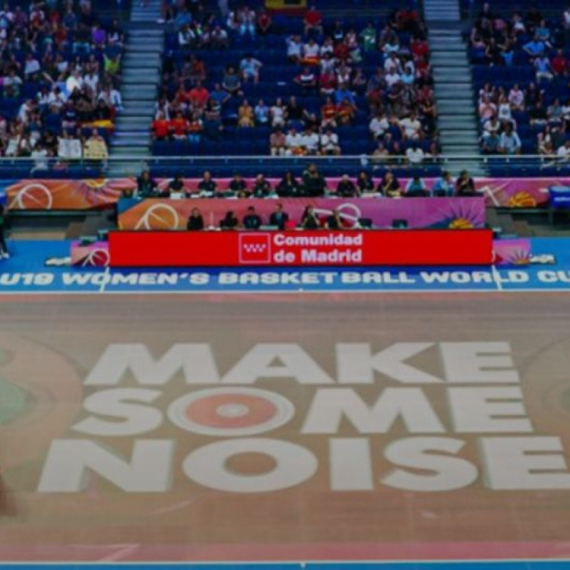
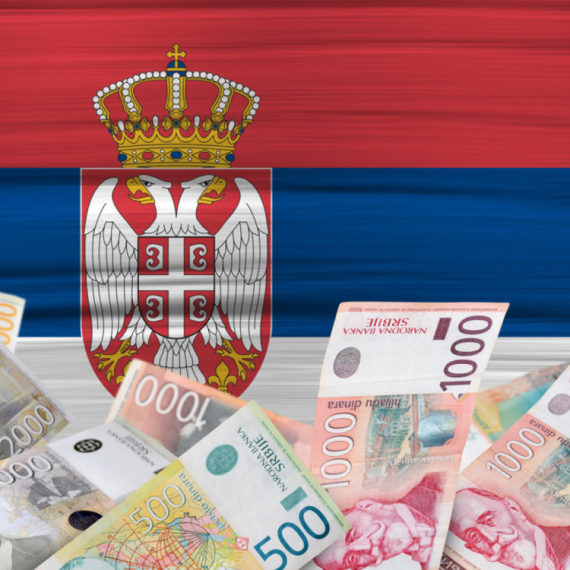
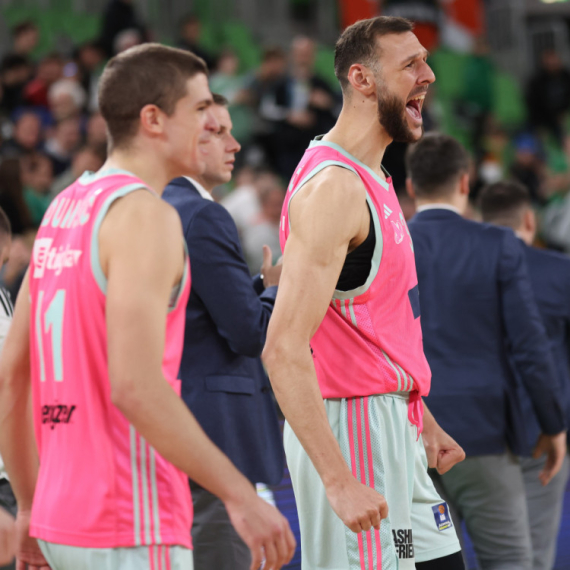
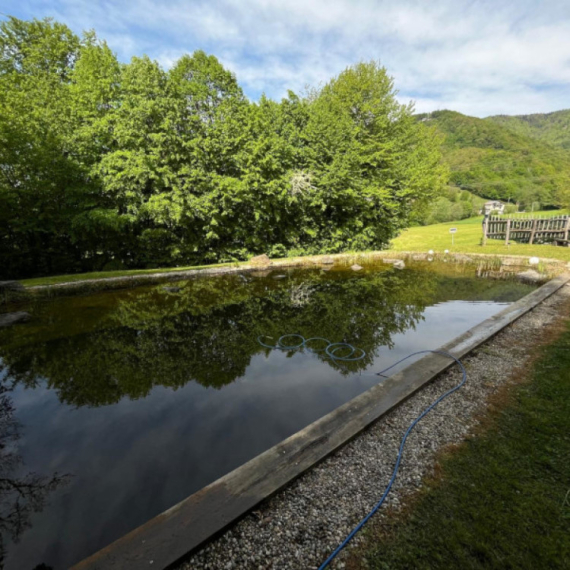

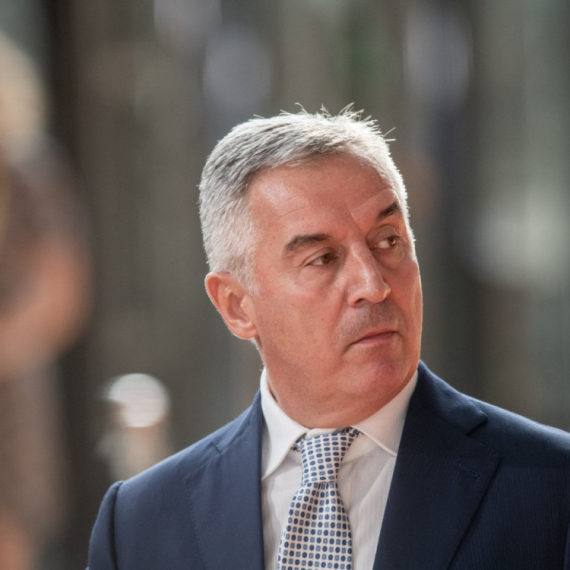
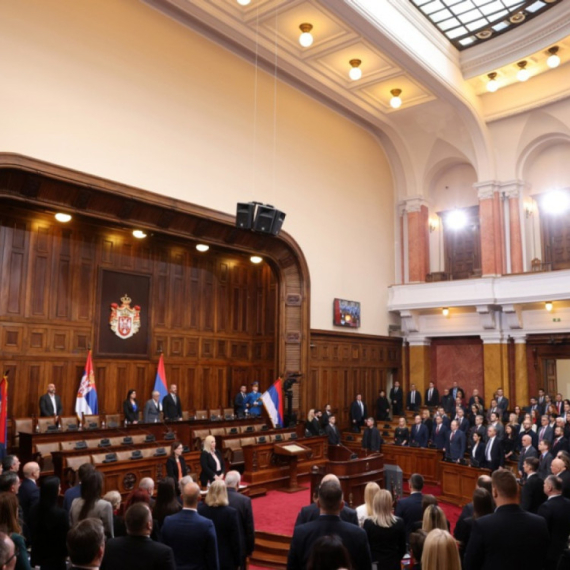
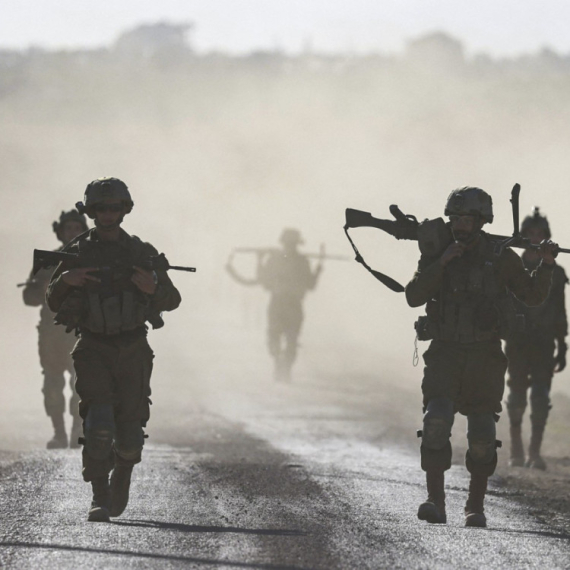
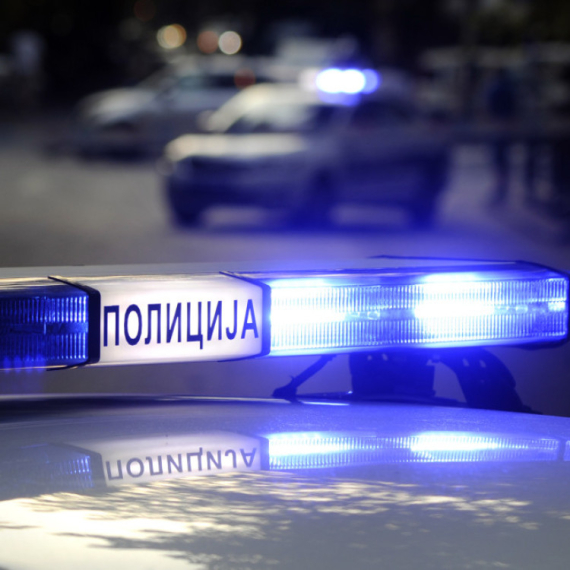
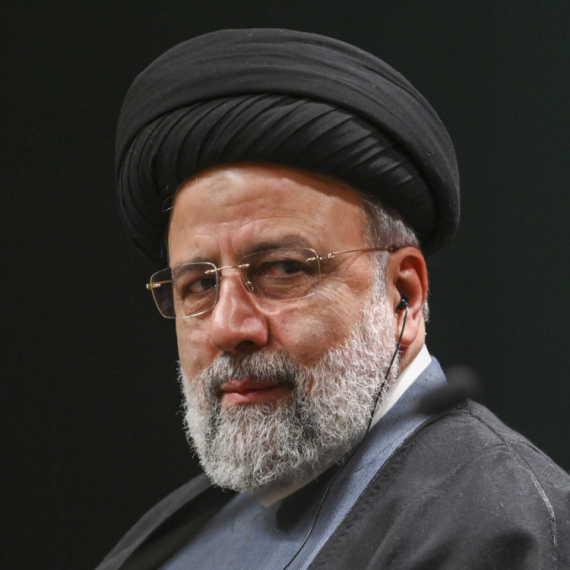
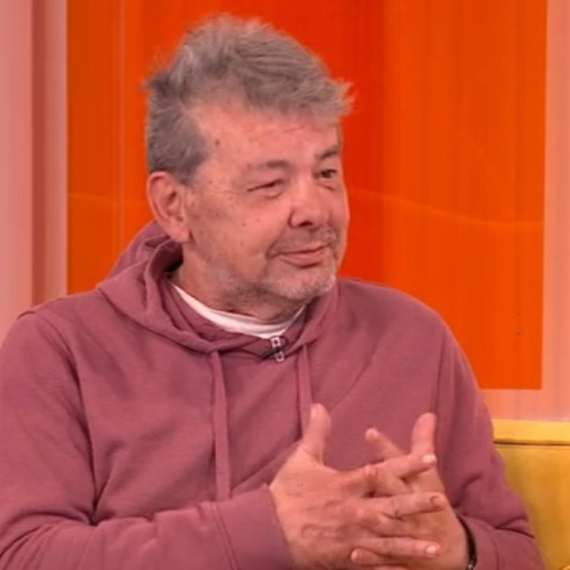
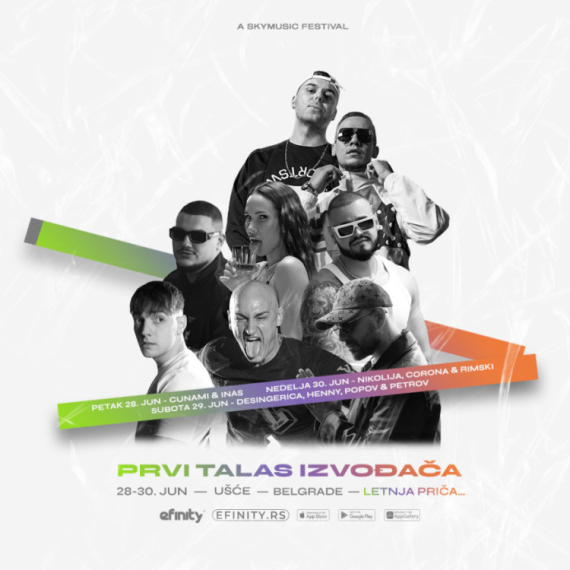
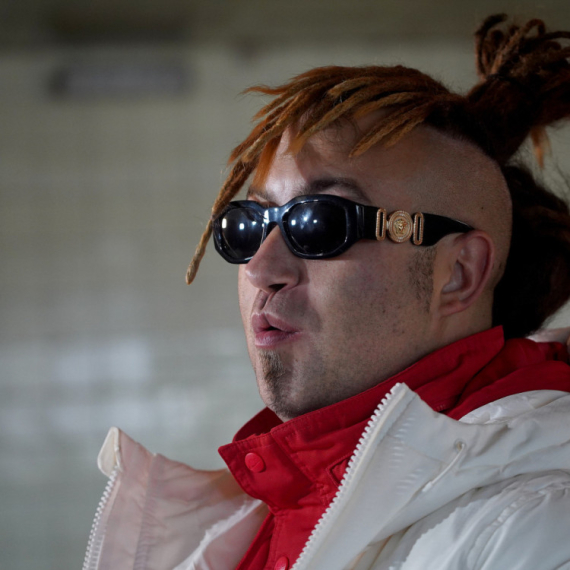

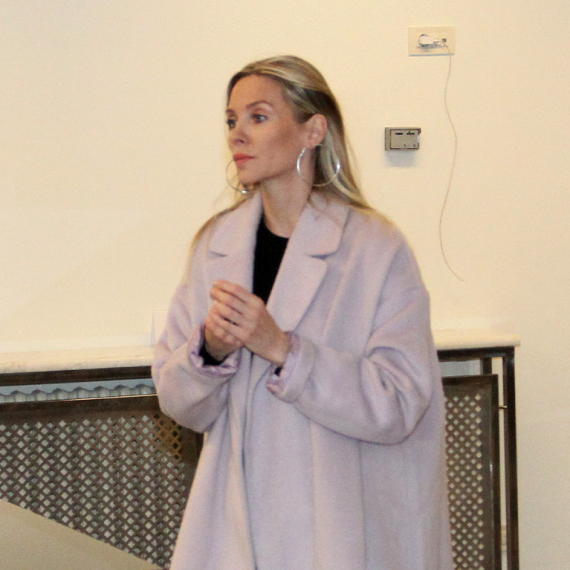















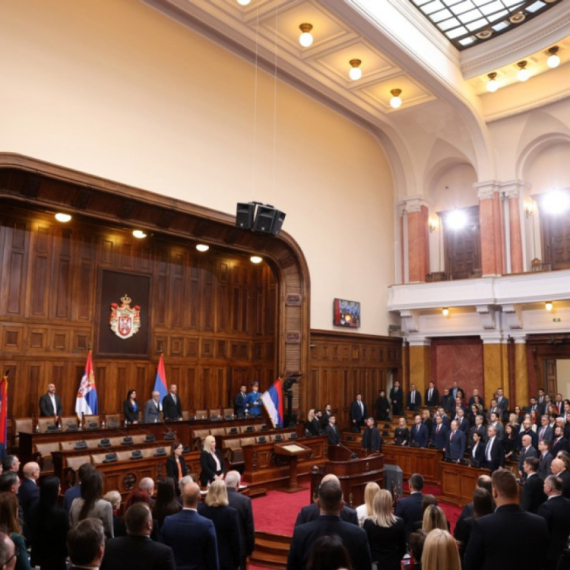


















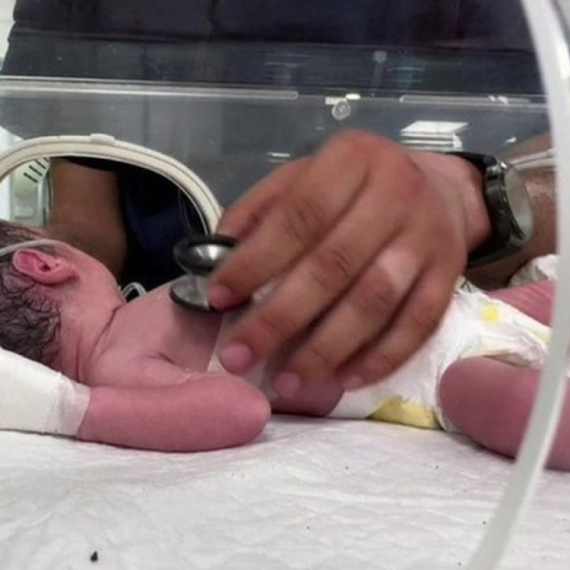

Komentari 11
Pogledaj komentare